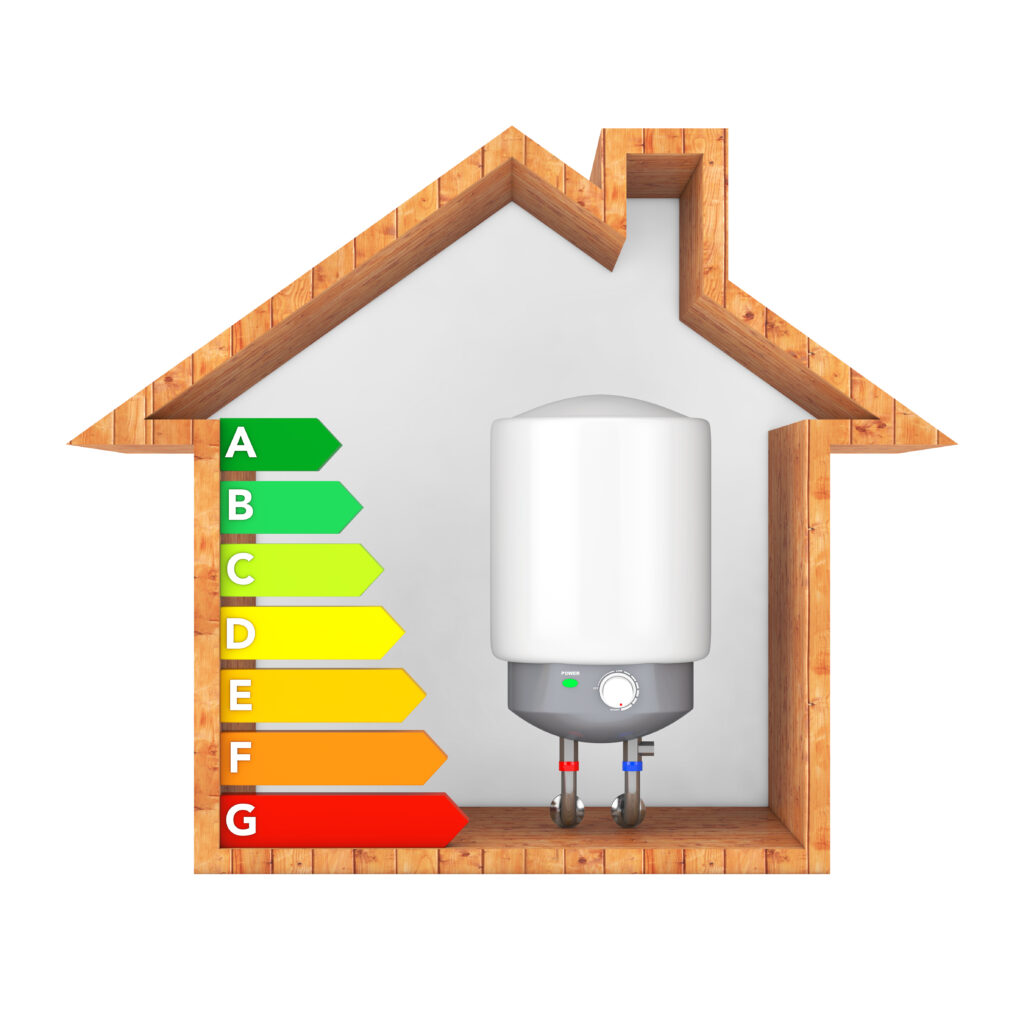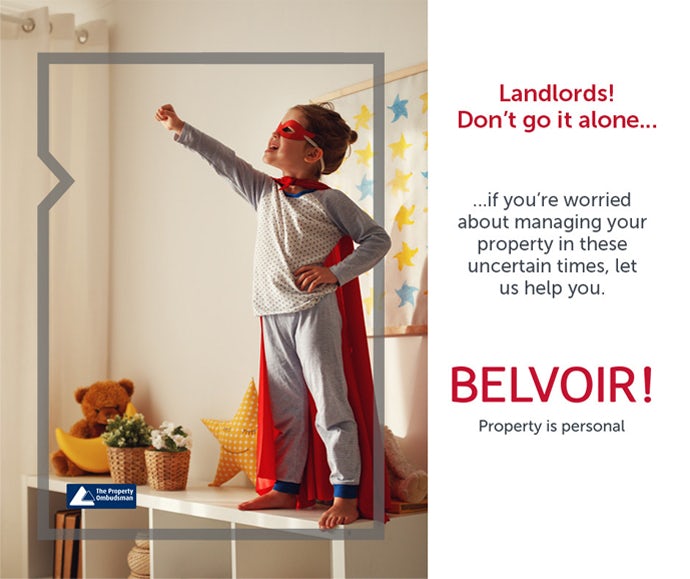Investing in a buy-to-let property can be very rewarding financially and personally, but is also very time-consuming and you need to stay in touch with changing legislation…..or you could face some expensive consequences.
As a Landlord you have number of responsibilities regarding the safety of the property you are renting out. So let’s take a look to ensure you are compliant….but don’t worry if there seems a lot here you do not know about. Here at Belvoir we can take care of all of this for you if you choose.
Gas Safety As a Landlord you are required to ensure that any gas boilers and other equipment are checked once a year. Records must be kept of the condition of the equipment and gas safety checks. You are also legally required to provide a tenant with an annual gas safety certificate. The service must be carried out by a registered Gas Safe contractor, previously known as the Council for the Registration of Gas Installers (CORGI).
Electrical Safety The electrical wiring in the home must also be safe and in good working order. Wiring that is more than 15 years old needs to be inspected annually. To assess electrical safety a landlord must ensure they use an electrician who is approved through the Part ‘P’ Competent Person Scheme.
As of 1st April 2021 it became a legal requirement for all rented properties to have a full electrical inspection every 5 years. Remember, you must give your tenant a copy of the written report, either when they move in or within 28 days of the inspection if they’re already living there. If we are managing your property for you we will have already completed this on your behalf.
Fire Safety As a landlord it is your duty to ensure all furniture and furnishings in your rental property meet strict criteria laid out in the Furniture and Furnishings (Fire) (Safety) Regulations 1988. Under these regulations all upholstered items must have fire resistant filling and have passed a match resistance test. Cover fabrics and filling materials must also have passed a cigarette resistance test. Most items should have a compliance code on them or proof they have been fire-safety tested. This is why we suggest you rent your property unfurnished to alleviate this whole process. But also unfurnished properties are more desirable as more often than not tenants want to put their own personal furnishings in their home.
Other fire safety regulations for landlords to adhere to include The Housing Act 2004, which lays down rules to ensure tenants can easily escape in the case of fire.
Additionally smoke alarms need to be fitted in each floor of the property and must work properly. Carbon monoxide (CO) detectors must be fitted in any room used as living accommodation where solid fuel is used. We, however, would very strongly recommend that all landlords provide all their properties with an audible CO alarm. You must ensure all alarms are working at the start of every new tenancy.
Energy Performance Certificates As a Landlord you are legally required to provide a copy of an Energy Performance Certificate to tenants. An Energy Performance Certificate tells a landlord and prospective tenants how energy efficient a rental property is on a scale of A-G, with A being the most efficient. The EPC certificate also indicates, on a scale of A-G, about the impact the property has on the environment. The EPC will make recommendations about how a property’s energy efficiency can be improved. An EPC is valid for 10 years and must be obtained from a qualified Domestic Energy Assessor (DEA) who is a member of an accreditation scheme approved by the Government. If landlords fail to obtain an EPC before they market a rental property they may be liable for a fine and must withdraw the property from market until they have obtained one. However, you are not required to obtain a new certificate each time the property is re-let. Again don’t worry if you are unsure about this or if you do not know if your property has one. Here at Belvoir we can take care of this for you.

Maintenance and repairs
Quite possibly the most time-consuming of all aspects of being a landlord is meeting the repair and maintenance obligations, such as:
- Keep the property in good repair
- Make sure it’s structurally sound
- Take action to prevent damp
- Allow natural light into the property
- Install adequate ventilation
- Supply it with water and electricity
- Provide water and spare heating methods
- Have facilities for personal hygiene, drainage and sanitation, food cooking and preparation and waste water disposal
Here at Belvoir we do have a bank of qualified and reliable tradespeople who can tend to maintenance and repairs as part of our fully managed package.

Legionnaires’ Disease Assessing properties for the risk of Legionnaires’ disease is a legal requirement. Legionnaire’s is a disease caused by bacteria which can grow in stagnant water. You do not need to hire someone to do this and can assess this yourself. See useful link below
Guide: Legionella responsibilities for UK (England) Landlords – Bing video
In most homes, the risk will be low, because domestic water systems are typically in constant use, so the water will not be stagnant for long. If your property is atypical in its water system and you feel it is at a higher risk, or you don’t feel competent in making the assessment, you can hire an assessor.
Tenants Deposit As a Landlord you are legally required to protect your tenant’s deposit in a government-approved scheme. You can choose from 3
You can decide which you choose. But you must inform your tenant, within 30 days of receiving their deposit, which TDP scheme you are using to safeguard their money.

If you have any questions about your responsibilities as a landlord there are a whole host of informative websites you can increase your knowledge further. Here at Belvoir we have the expert knowledge and specified members of the team to look after all these aspects for you. Just take a look at our fully managed package to see how we can save you precious time and money, and don’t hesitate get in touch for a chat.








